Project Samatha
Samatha (meaning equality) was envisaged as an intervention to sensitise teachers working with marginalized children to issues of gender inequality and stereotyping so as to enable them to implement gender-sensitive pedagogies in their classrooms.
This project has been made possible thanks to the US Consulate Fulbright Alumni Engagement Innovation Fund 2019. Dr. Aparna Rayaprol and Dr. Usha Raman who are Professors at the University of Hyderabad and Dr. Salma Farooqui, professor at Maulana Azad National Urdu University along with the Kriti team were the key facilitators of this project.
The field work (October 2019 – March 2021)
A team of academicians and social workers started work on this project to understand how gender plays out in low-income classrooms in Hyderabad and how teachers can be sensitised to the inherent biases developed out of their own social conditioning. Starting with desk research, our key researcher Aishwarya Joshi worked to understand what had already been done in this field. Then, detailed interviews with some teachers followed along with classroom observation in low-income private schools to understand how the teacher’s mindset regarding gender is played out in the classroom.
The content for a three-day teacher training program was created after roping in industry experts Prof Deepa Kilambi, Prof Deepa Srinivas and others. The content was converted to an online format as we could not do the physical workshop as Covid had struck.
The online training consisted of nine two-hour modules that were delivered over a period of two weeks. Twenty teachers were part of the first cohort in September 2020 and another twenty were part of the second cohort in November 2020. Of these forty teachers, we identified 15 teachers who showed real passion for the cause and were ready to become master trainers. The master training workshop was held over two days in December 2020. Later, from Jan to March 2021, these master trainers conducted a number of training sessions with parents and other teachers at government schools and low-income schools.
Impact
Many teachers told us later that the training helped them change their thinking in many ways. One of the small changes they made were in the kind of toys they bought for their own children and that they were more open to buying cars and cricket sets for their daughters and kitchen sets for their boys. During the training, teachers mentioned that they automatically gave out chores that involved outdoor work or moving furniture etc to boys and art and craft related work to the girls. They also typically segregated boys and girls in the classroom with respect to seating arrangements, sending children out in sex wise pairs or groups. As their awareness of their behaviour patterns grew, the teachers pledged to consciously change them and ensure a gender equitable classroom.
Preparing the manual (April 2021 – April 2022)
The core team was very enthused when we finished the training. We could see the value in the work that was done and so did the US consulate. The project was extended and we worked on condensing all the content from the workshops and presenting in the format of a manual or handbook. This handbook could be used by educators to learn about gender roles and stereotypes, role of patriarchy, toxic masculinity and other topics related to gender constructs. The educators can reflect on their own socialisation and also consider how they are interacting with children in the classroom. The handbook is for self-learning and also provides a framework to conduct a training session or workshop for 1 day, two days or three days. This book has emerged out of our research and field experiences on conducting gender sensitisation sessions for teachers in Sheikpet Mandal, Hyderabad.
The book launch event held on April 25, 2022, was attended by Chief Guest Ms Divya Devarajan, Commissioner, Women and Child Development, Guest of Honour, Prof Shantha Sinha, former Chair, National Commission for the Protection of Child Rights (NCPCR), Mr Frankie Sturm, Assistant Public Affairs Officer for the U.S. Consulate in Hyderabad, Prof BJ Rao, Vice-Chancellor, UoH and Prof Syed Ainul Hasan, Vice-Chancellor, Maulana Azad National Urdu University (MANUU).
The manual can be freely downloaded here. To get a hard copy or find out more about the content you can write to us at contact@kriti.org.in
The Core Facilitator team along with Assistants
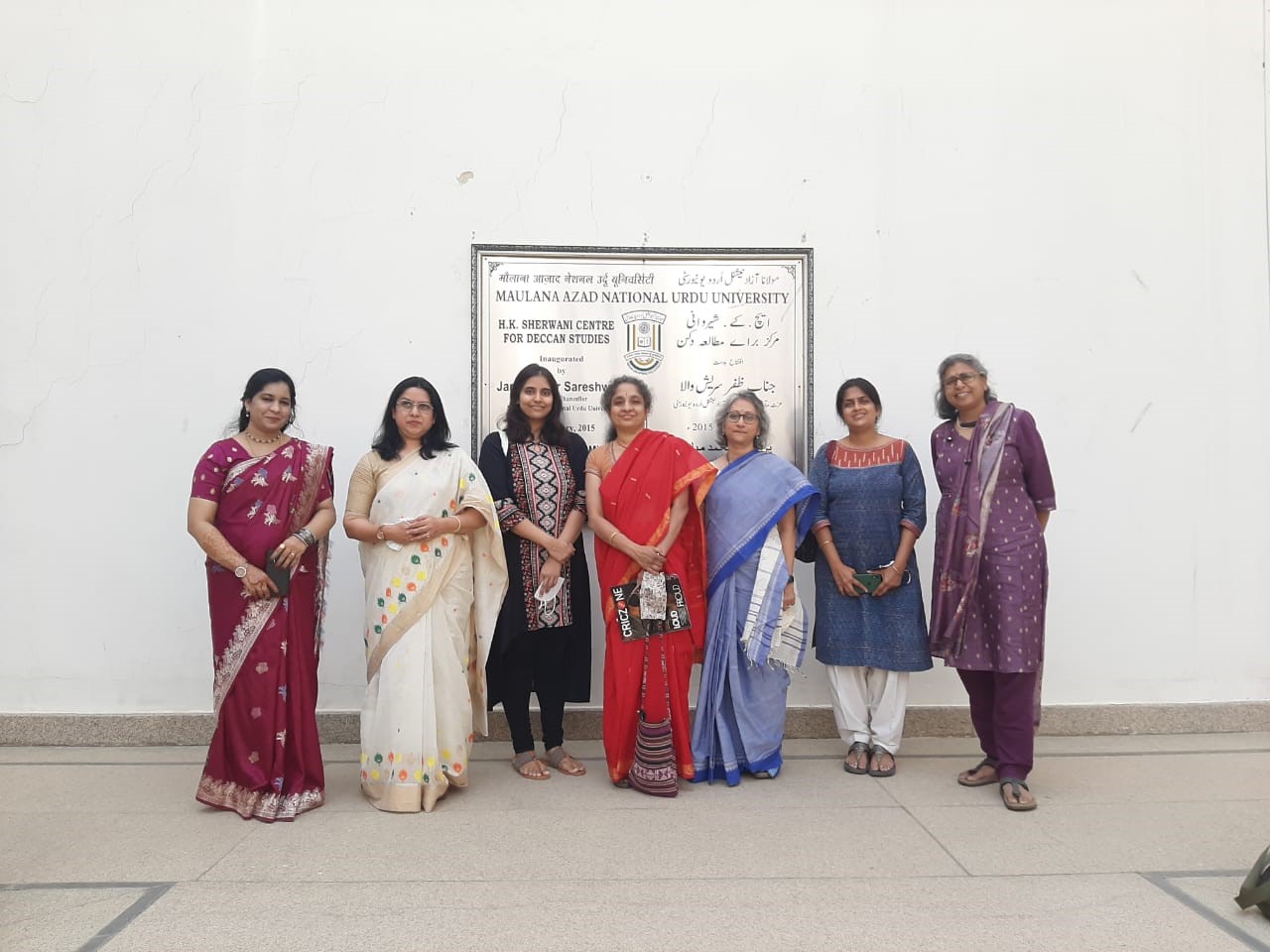
Professor Shantha Sinha giving Keynote address for Teacher training workshop
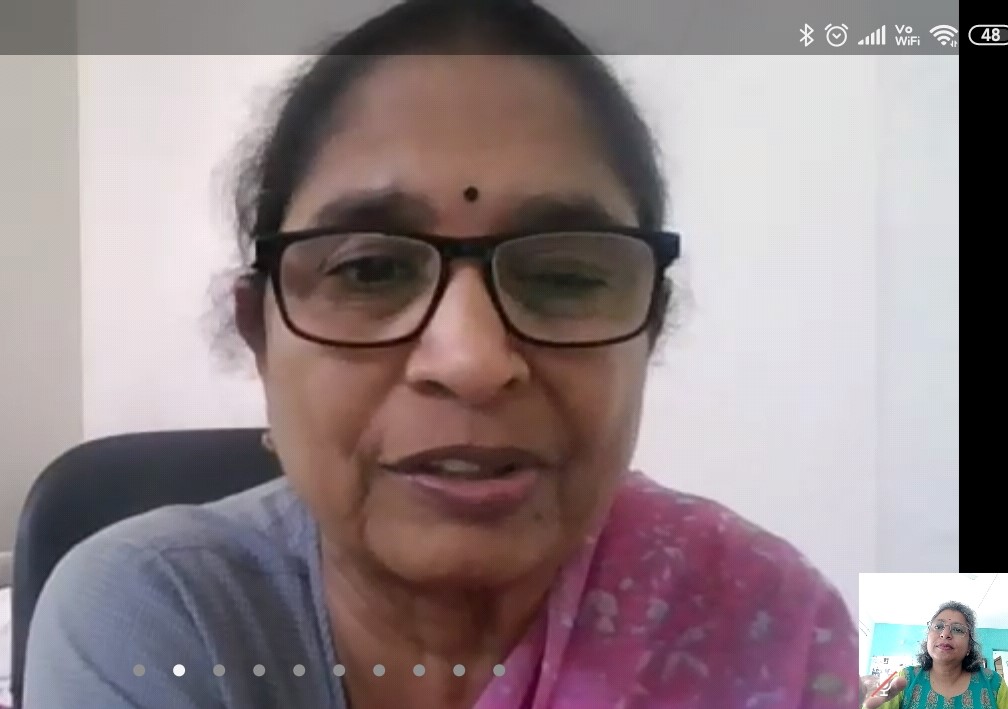
Teachers attending Master trainer workshop
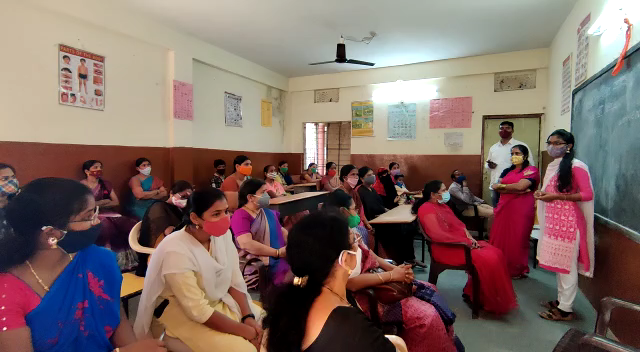
Parents and Teachers at Gender Sensitization Workshop
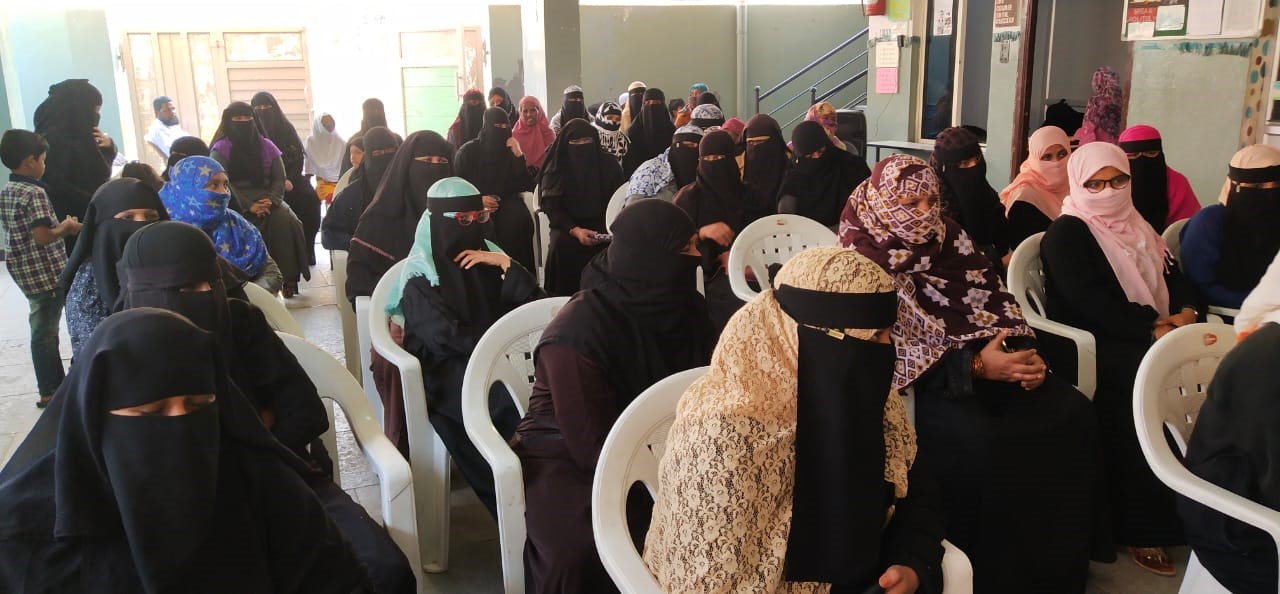
Chief Guest Mrs. Divya Devarajan and others at Book Launch Event for the handbook
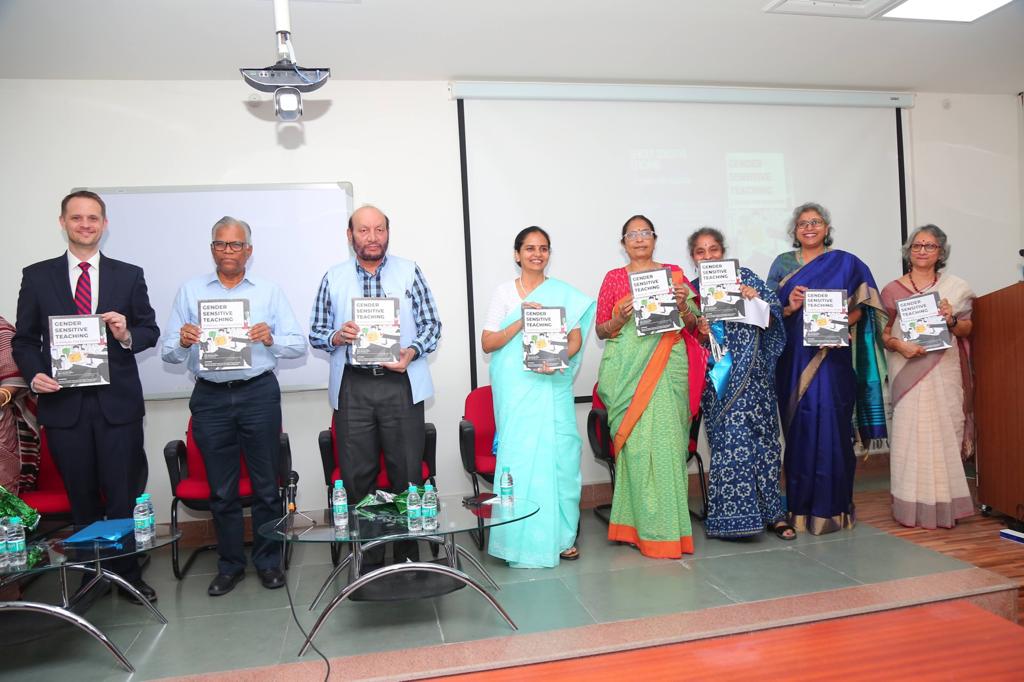
The Gender Sensitive Manual

